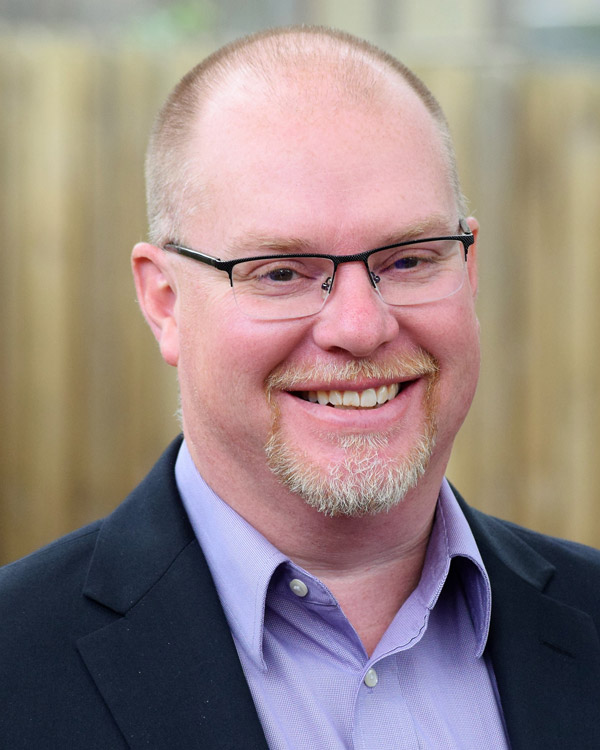Talking about ALICE
April 10, 2019

Let’s talk about ALICE.
Let’s talk about what it means to be Asset Limited, Income Constrained, and Employed.
Let’s talk about the challenges faced by 4 in 10 households in our region—hard-working households that still struggle to make ends meet.
Let’s talk about the difficulty they face in trying to better their lives when 61% of all jobs in Michigan are low-paying jobs.

Let’s talk about how the number of ALICE families has grown, in part because some have managed to climb out of poverty—our region’s poverty rate shrunk slightly from 15% in 2015 to 14% in 2017—but also because households barely above the ALICE threshold a few years ago have slipped back due to flat wages and rising living costs.
Let’s talk about who ALICE is, not just what. ALICE is a hard worker. ALICE is a server at your favorite restaurant. ALICE is your child care provider. The cashier at the corner store. The guy who mows your lawn. The ride-share provider who dropped you off at work. A friend. A neighbor. Or maybe even you.
After we’ve had that conversation, let’s talk about how we, as a community, can offer a helping hand to ALICE, how we can help ALICE build a pathway to financial stability.
Let’s talk about the long-term solutions. That’s “solutions,” plural; the factors that afflict ALICE are many and complex, as are the answers.
So, let’s talk about policy. Let’s talk about wages. Let’s talk about affordable child care, and access to health care, and transportation, and financial literacy, and workforce supports that remove barriers and build employees’ skillsets. Let’s talk with ALICE so we better understand their unique challenges.
One thing we must avoid is finger-pointing. This isn’t a blame game. No single entity bears responsibility alone. This is a societal challenge; it requires a broad-based, collective effort to tackle it. We can get to the root causes, the weaknesses in our community that plague ALICE especially hard.
You see, the benefits go beyond ALICE alone. When ALICE succeeds, we all succeed.
That’s where United Way is uniquely positioned to drive solutions. We’re already bringing together every partner, every idea and every resource to fight for ALICE. A couple of examples of progress:
- Our leadership on the Career Life Expo, which just wrapped a successful second outing, makes sure jobseekers connect with support services as well as employers so that they get beyond barriers to work.
- Programs funded by United Way allow local workers to develop new skills, earn workplace credentials, and compete for higher wages and promotions.
- Basic needs programs help ALICE focus on strengthening their financial stability. For example, in 2017 United Way support funded transportation for 9,933 individuals, fed 70,136 people, and provided utility assistance to 2,439 households.
There’s so much more to talk about—helping kids get their lives off to a healthy start, making sure they succeed in school, helping them find opportunities for work and career growth, facilitating their efforts to provide for their families and build financial strength for the future.
Talk of this kind is where solutions begin to form; leading shared efforts is where real change happens.
This is my invitation to you: Let’s talk. But let’s not stop there.
Together, let’s do.
Chris Sargent is president & CEO of United Way of the Battle Creek and Kalamazoo Region. To find out more about ALICE, including the latest ALICE Report for Michigan and our region, click here.
